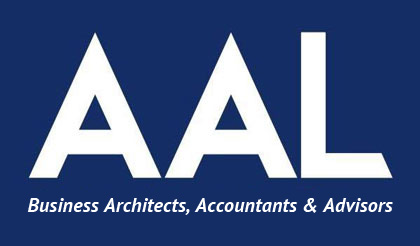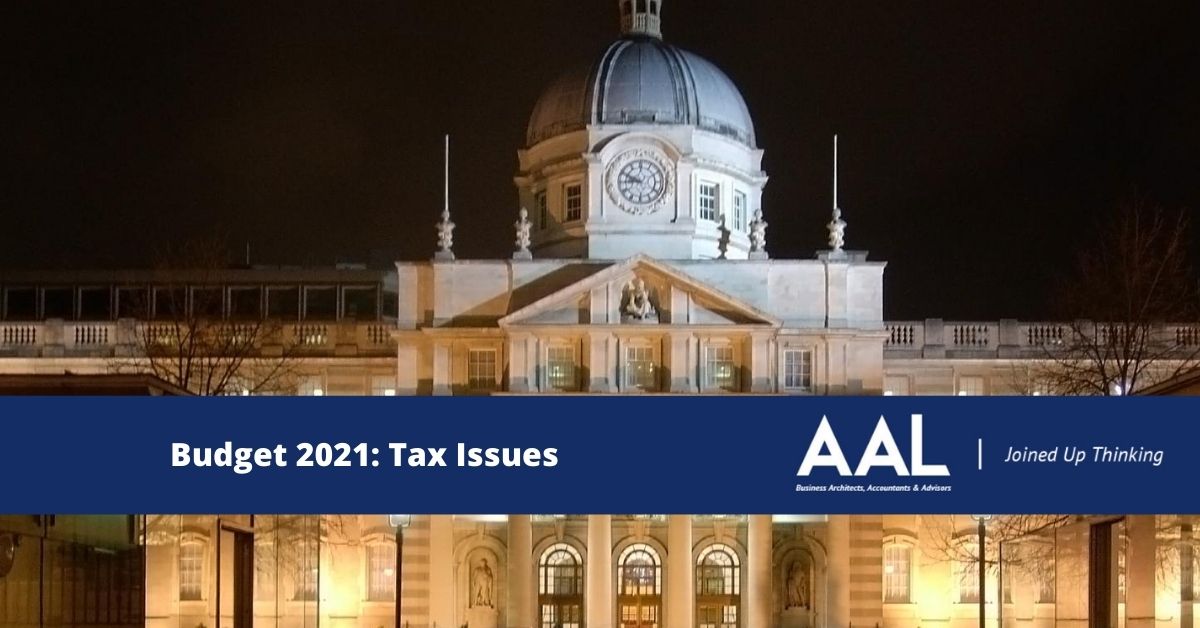Budget 2021, to be delivered by the Irish Government in early October will be the most keenly awaited budget for a generation. The unprecedented nature of the pandemic and the demands placed upon the exchequer for the the healthcare system, business supports, the pandemic unemployment payment and the TWSS/EWSS has cast the budgetary process into disarray. Now, as the country battles with rising rates of Covid-19 infection, the respective finance Ministers (Pascal Donohue and Michael McGrath) are tasked with delivering measures that shore up public finances while energising the Irish economy. In this, the third article in our pre-budget series, we look at the cashflow and tax relief measures that might be introduced in Budget 2021. As is now common place, many of the measures listed below have been leaked/briefed to journalists in the weeks ahead of the budget in an attempt to prepare the public for what is to be announced.
The hospitality sector has been particularly hit by enforced shutdowns and rules surrounding patrons. Many European countries have sought too reduce off waive VAT/similar taxes for businesses in this sector to facilitate their resurgence. In Ireland, organisations such as the Vintners Federation of Ireland and the Restaurant Association of Ireland have lobbied for VAT reductions in the upcoming budget. There is a strong possibility that this sector will see a temporary reduction in the rate of VAT paid on purchases in an effort to incentivise customers to support the sector. However, the overall Government sentiment will be that this will need to be tempered in an attempt to prevent groups congregating and spreading the infection.
The property sector has also been badly impacted by the crisis. The prevailing media coverage of reduced demand for office space and the death of the surrounding city centres/business districts and the businesses that occupy those paces has led many in the sector to seek support for the property sector. One group has proposed that landlords that waive rent for SME businesses should be allowed to claim that anticipated rental income back in full against their tax. There has also been calls for a move to a cash-receipts basis for taxation on property income.
Finally, there has been much coverage about a possible drop in Capital Gains Tax in Ireland from 33% to 20% (or thereabouts). The reduction is seen as a way of incentivising activity in the business sector.
We will be covering Budget 2021 on AAL.ie over the coming weeks and will be issuing a newsletter on Budget night with details of the changes introduced. You can sign up to receive that, and other newsletters, by completing the form, below.
Contact Us
If you have any issue relating to taxation, property, CGT or otherwise and would like to talk to us about the issue, then please call us on 052 61 37775, email or Managing Director, Aine Kiely O’Donnell at: [email protected]
Budget 2021 Series
You can read our previous articles from our Budget 2021 series, below.
Budget 2021: Maintaining Employment
The Covid-19 pandemic has had a catastrophic on the Irish employment market. To put this into perspective, let us look at unemployment rates in Ireland in April 2019 and in April 2020. April 2019 saw an unemployment rate of 5.4%, while the rate in April 2020 was a staggering 28.2% (Ref: CSO. Link here). Since the easing of lockdown measures, the Government has rolled out many schemes to get as many people back to work as is possible. However, that mobilisation of the workforce has been hampered by rising case numbers and local lockdowns in the case of Kildare Laois, and Offaly.
Budget 2021: Financial Supports for SME’s
Budget 2021, due to be delivered in October 2020, will be keenly watched by entrepreneurs and owners of small to medium enterprises in Ireland. The sector has been severely impacted by the measures implemented to stem the spread of Covid-19. In particular, sectors such as retail, hospitality, and tourism have experienced catastrophic losses as a result of closures and restrictions implemented since March 2020.




